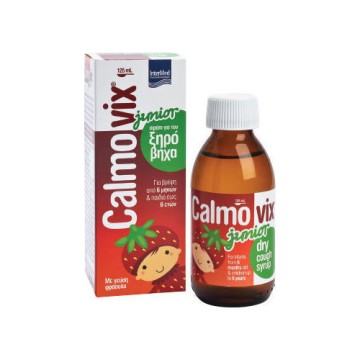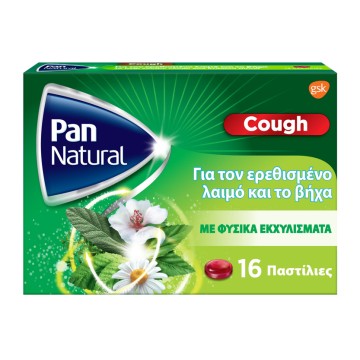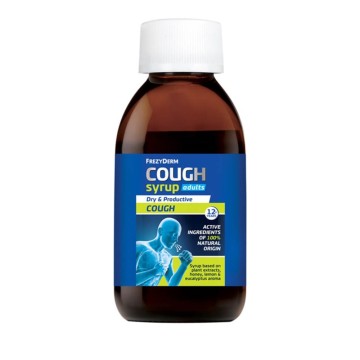What is pharyngitis?
Η
pharyngitis is one
inflammation of the throat. It is usually due to an infection, which can be either bacterial or viral. Other rarer causes may be allergies, trauma, cancer, problems with stomach acid, or certain hazardous substances. Also, fungi can be the culprit, especially in people with low
immune system or in those who take certain medicines for a long time.
Allergies, dry air in the house, or even using your voice too loudly can make your throat hurt. Other times, problems like gastroesophageal reflux, where acid from the stomach "backs up" and irritates the throat, can cause a persistent sore throat.
Causes of pharyngitis
There are many viruses and bacteria that can cause it
pharyngitis.
The often
causes of pharyngitis are the following::
- Group A Streptococcus
- Chicken pox
- Measles
- Adenovirus
- Whooping cough
Viruses are the most common cause of sore throats. THE
pharyngitis usually caused by
viral infections such as the common cold, flu or mononucleosis. Viral infections do not respond to antibiotics and treatment is only necessary to help relieve symptoms.
Less often, the
pharyngitis caused by a
bacterial infection. Bacterial infections require antibiotics. The most common bacterial throat infection is strep throat, which is caused by group A streptococcus. Rare causes of bacterial pharyngitis include gonorrhea and chlamydia.
Frequent exposure to colds and flu can increase your risk for
pharyngitis. This is especially true for people with health professions, allergies and frequent sinus infections.
What are the symptoms of pharyngitis?
Η
pharyngitis is a condition that causes discomfort or pain in the throat. It occurs when the parts of the throat behind the tongue and around the tonsils are inflamed. The reasons that can cause pharyngitis are various, and
symptoms they may differ. Usually, the pain starts
2 to 5 days after the first contact with the agent causing the inflammation and can last for approx
10 days, until the body begins to recover.
The
symptoms of pharyngitis is:
- Sore throat
- Fever
- Difficulty or pain when swallowing
- Motion sickness
- Discomfort when talking
- Dryness and irritation in the throat
- Discomfort and cough
- Sneezing, runny nose
- Headache
- Loss of taste
- Swollen lymph nodes
- Fatigue
- General malaise
- Muscle pains
How is pharyngitis treated?
Η
treatment of pharyngitis it depends on what's causing it. If it's viral (from a virus), it usually goes away with simple measures like gargling
salt water,
painkillers for pain and
lots of liquids for relief. If it comes from bacteria, they need it
antibiotics. It is important to start antibiotic treatment quickly for specific infections, such as
streptococcus, because if left untreated, it can cause more serious problems such as kidney damage or rheumatic fever that affects the heart. To find the right treatment, a doctor will do a complete examination.
Is pharyngitis contagious?
If the
pharyngitis that lasts a long time is caused by viruses or bacteria, then it can be passed from one to another
through saliva or nose. You can also get infected by touching things like towels or dishes that have been used by someone who is sick, because viruses and bacteria may have been left there.
How many days does it last?
If you have simple viral pharyngitis, your symptoms should gradually subside in about
1 week. If you have strep, your symptoms should go away within
2-3 days from the start of taking antibiotics.
When should I see the doctor?
If you see any of the symptoms described above, call your doctor. If your symptoms persist
more than 1 week, if you notice swollen lymph nodes in the neck, white spots or pus in the throat, blood in the sputum or rashes, it is important to see a doctor.
Find on
wecare.gr the right products to treat pharyngitis
Related products:
Sources: 1.
Pharyngitis | Johns Hopkins Medicine, 2.
Pharyngitis: Causes, Symptoms, and Diagnosis, 3.
Pharyngitis, 4.
What is pharyngitis?

























